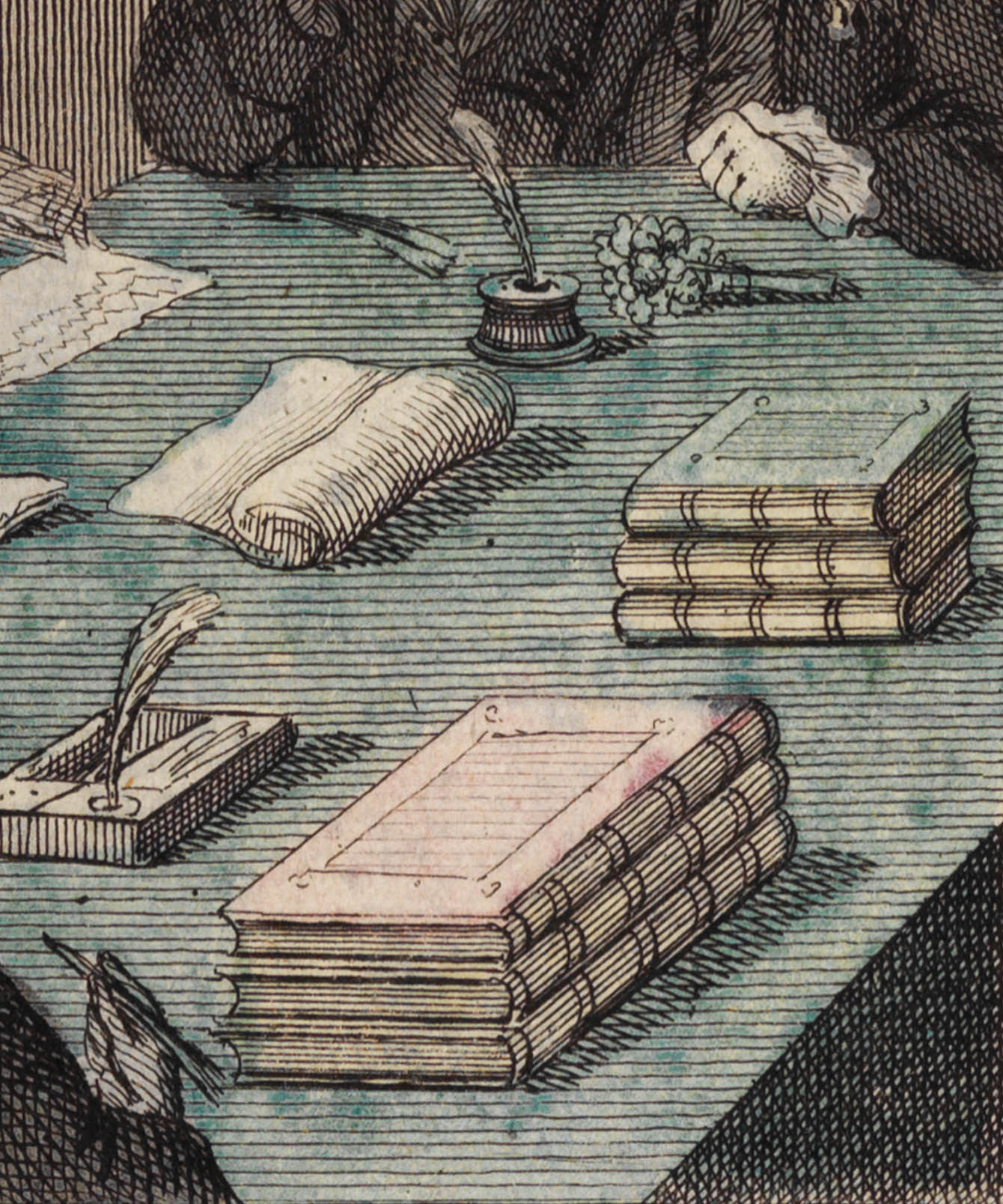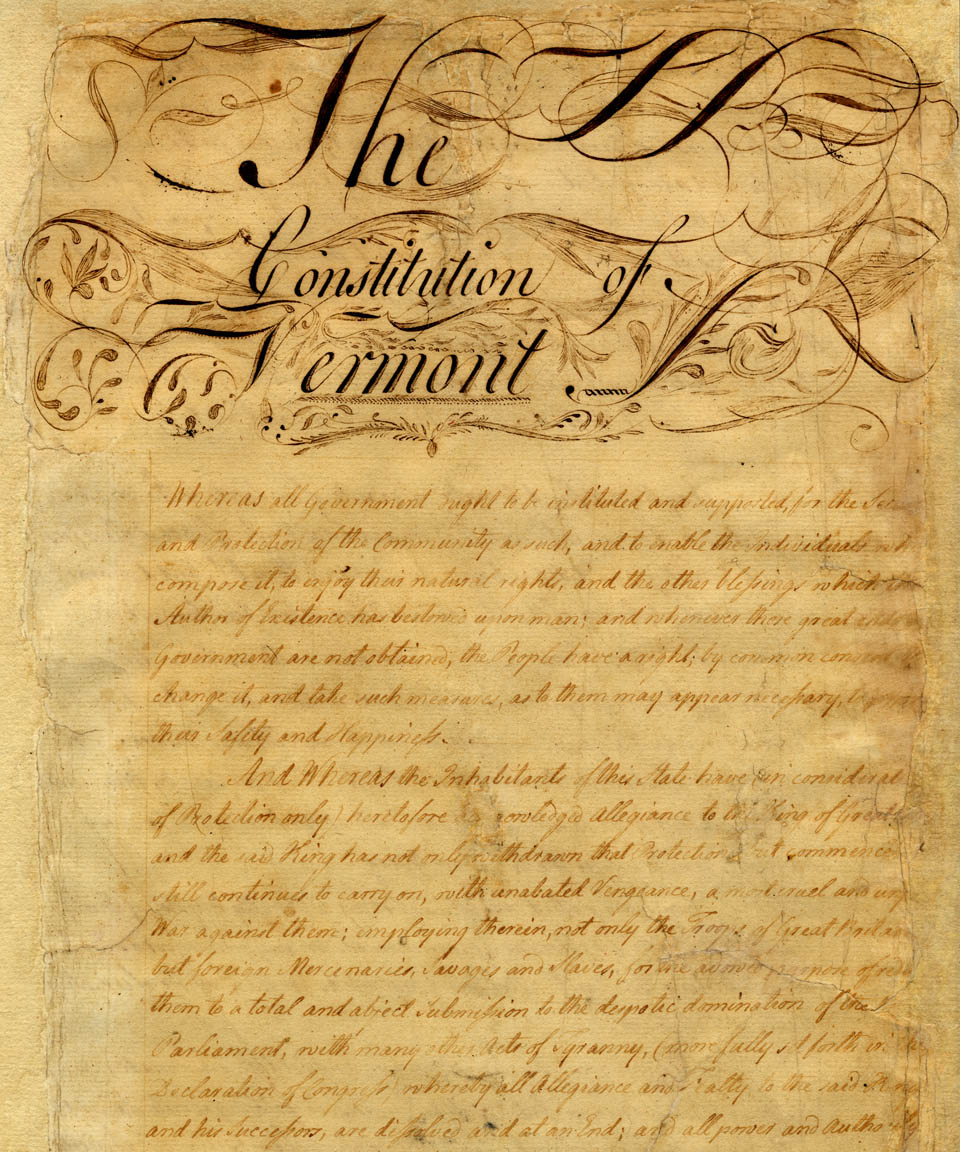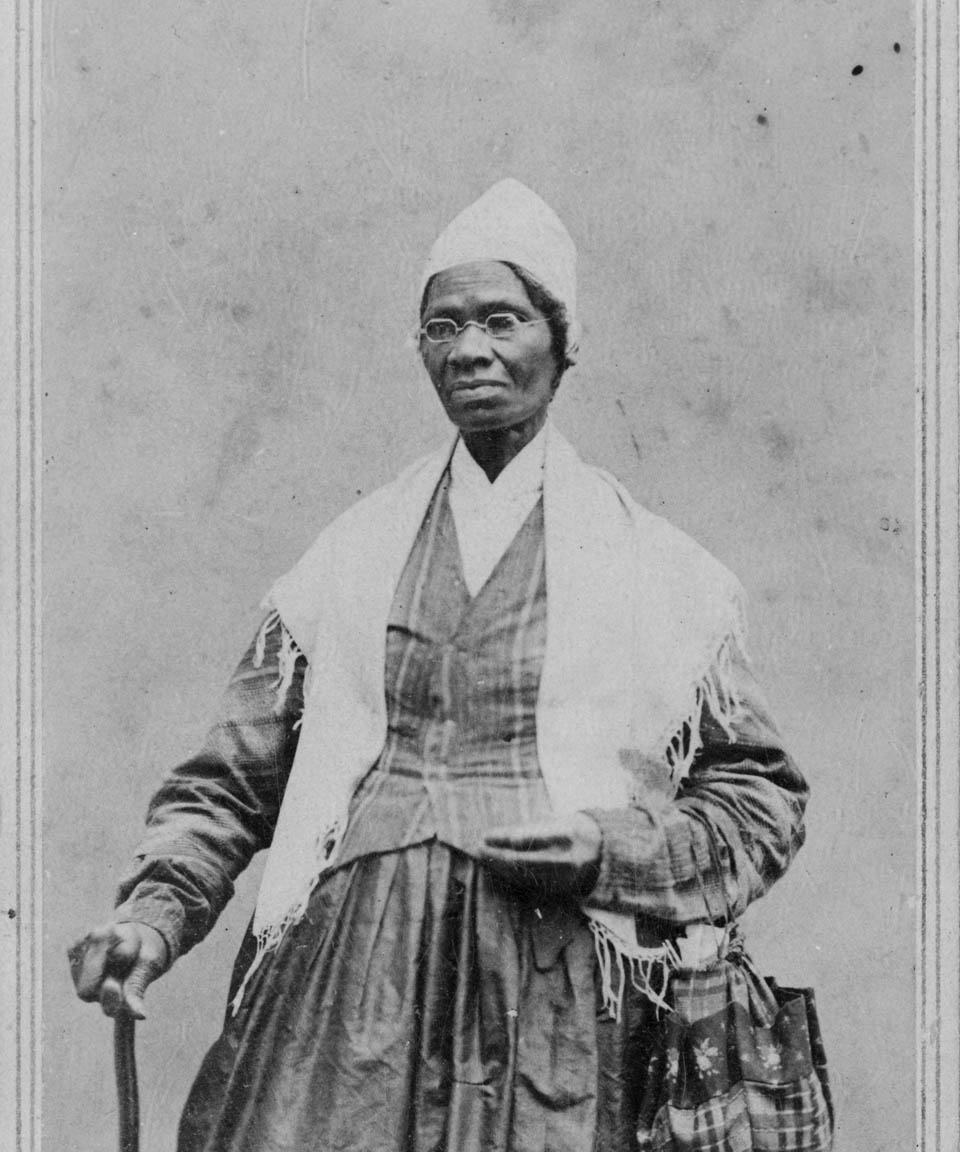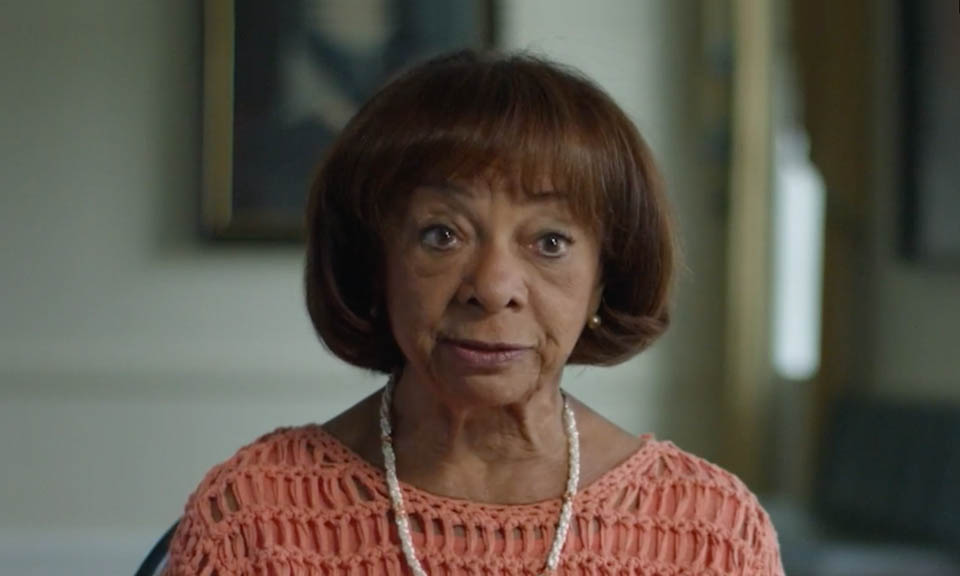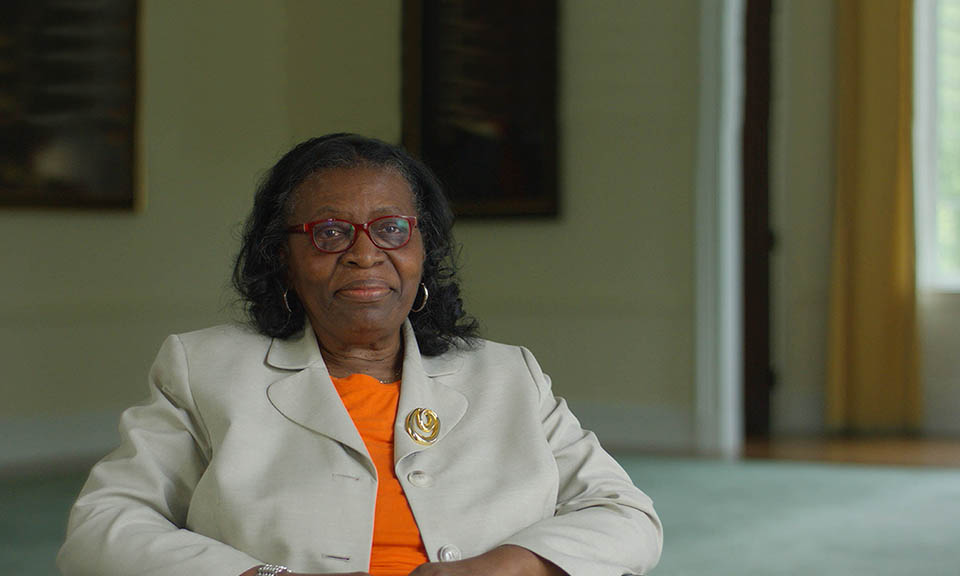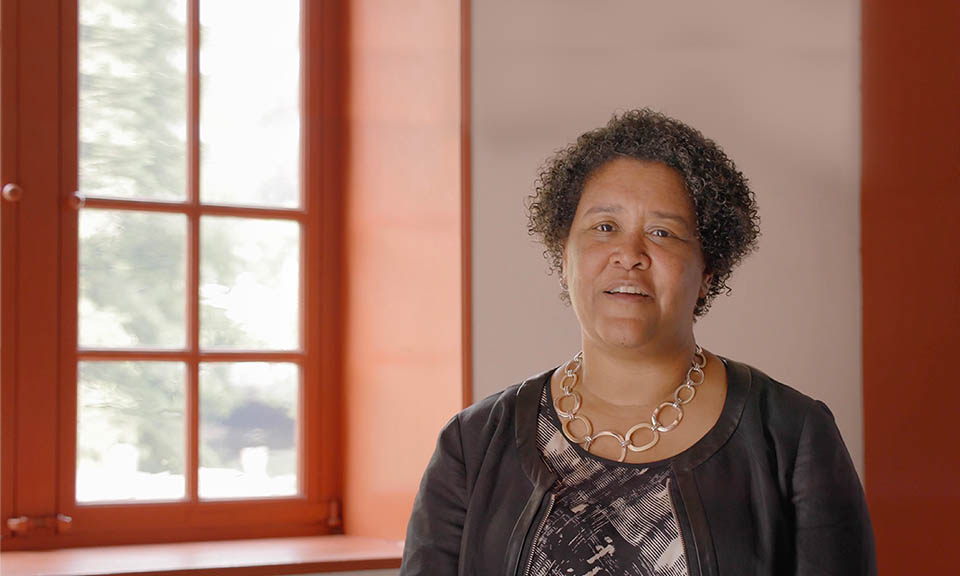Chapter 4
Pursuing Justice
Before emancipation, some enslaved people succeeded in purchasing freedom; others tried using the law to sue for it. Northern states debated for years between gradual emancipation and abolition—and even when freedom came, it did not mean equality.
Confronting the past and erasing northern slavery from textbooks compounded the injustice. Only now are we finding connections that reveal northern slavery’s profound impact on contemporary American society.
Purchasing Freedom
Enslaved people rarely had the opportunity to purchase their freedom. Surviving documents indicate that some northern enslavers did agree to free an enslaved individual in exchange for money. However, these agreements were fragile, and enslavers could change their minds at any time. Despite this risk, some enslaved individuals worked for years to buy freedom for themselves or their families.
Using the Law
Colonial laws—and, later, the federal laws of the United States—were not written to protect or benefit the enslaved population. With no legal status as citizens, it was nearly impossible for enslaved individuals to appeal to the courts or legislatures. Nevertheless, some enslaved people found opportunities to use the law to their advantage and even to sue for their freedom.
Emancipation and Abolition
It is generally assumed that slavery was abolished, or eliminated, in the North long before the South. In fact, many northern states developed a long process of granting freedom—gradual emancipation—that enabled enslavers to profit from unpaid labor into the 1820s and beyond.
Confronting the Past
Recent scholarship has revealed a truth that public historians concealed for centuries: slavery was the brutal foundation upon which the entire United States, north and south, was built. It was and is our American paradox: the "land of the free" was also a land that legally defined millions of people as property.
Finding Connections
The impact of American slavery can be felt everywhere today: in our laws, our economy, and our schools; in the architecture of our cities and neighborhoods; and in the way we think about race, privilege, and social justice. Only by understanding the past and connecting it with the present can we begin to turn a legacy of cruelty and oppression into a fair and equal future.



